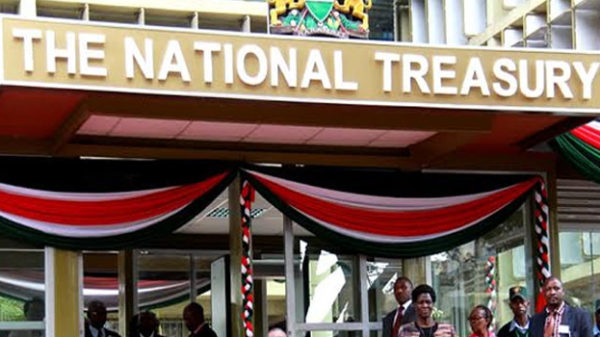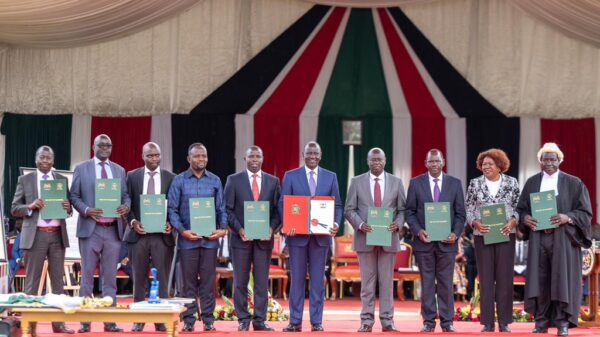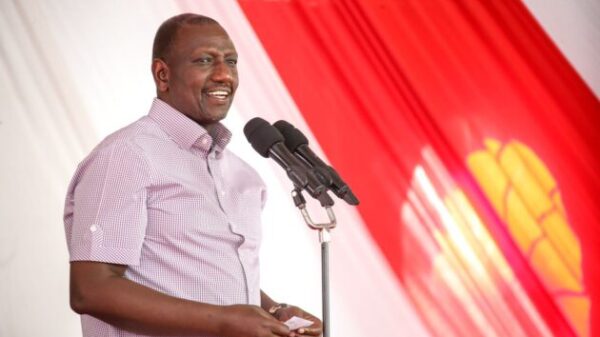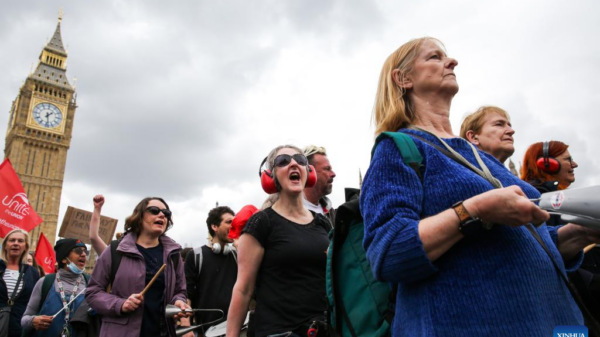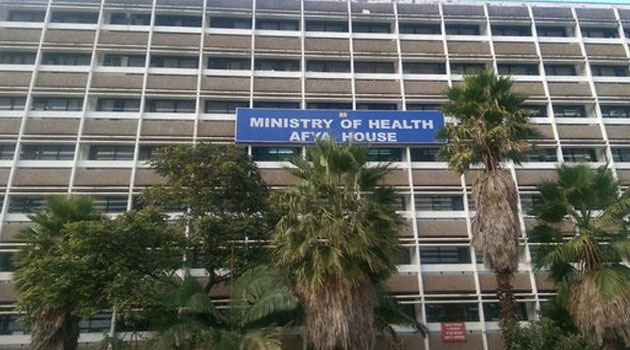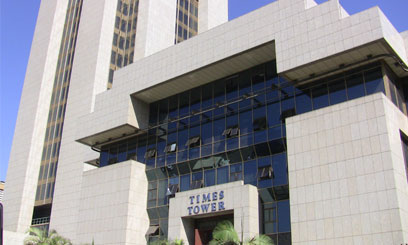
KRA’s Senior Assistant Commissioner Fatma Yusuf said destroying the fake cigarettes would send a strong message to traders engaging in smuggling of counterfeits/FILE
The traders had filed a false declaration of contents in the container. KRA’s Senior Assistant Commissioner Fatma Yusuf said destroying the fake cigarettes would send a strong message to traders engaging in smuggling of counterfeits.
“KRA is determined to protect our industries by ensuring that counterfeit goods do not enter the market. By participating in this exercise aimed at destroying counterfeited cigarettes, KRA is sending a strong message that malpractices of any nature aimed at undermining our industries and circumventing legalities will not be tolerated,” she said.
“Counterfeits distort the market and impede fair trade in addition to causing enormous revenue loss,” she added.
According to British American Tobacco (BAT), 10.8 percent or 650 million cigarette sticks in the Kenyan domestic market are smuggled counterfeits, which means that the government loses close to Sh1.25 billion annually through the sale and distribution, while manufacturers lose close to Sh390 million.
Losses to the supply chain are estimated at Sh460 million, bringing the total loses to the economy to Sh2.1 billion annually.
“This latest incident comes on the back of a hike in the sale and distribution of smuggled counterfeit cigarettes due to stringent regulatory measures such as taxation and aggravated by the country’s porous borders,” BAT’s Head of Communications Emily Waita said.
“This latest incident comes on the back of a hike in the sale and distribution of smuggled counterfeit cigarettes due to stringent regulatory measures such as taxation and aggravated by the country’s porous borders,” BAT’s Head of Communications Emily Waita said.
“We estimate that BAT Kenya loses between Sh300 million and Sh350 million annually through smuggled counterfeit cigarettes traded in Kenya,” she added.
The Kenya Anti-Counterfeit Agency says cigarettes are rapidly becoming the most illegally traded product in the region, while health experts warn a health crisis could be looming.
Authorities say the illegal trade defeats the spirit of the Tobacco Control Act which was crafted to limit tobacco intake in Kenya to curtail the growing threat of cancer and other non-communicable diseases.
Counterfeit cigarettes are usually substandard while smuggled ones may include the standard cigarettes being sold through tax evasion, and many counterfeits have also been found to have poisonous chemicals inside them.
The illegal trade is riding on the back of easily available Kenya Revenue Authority revenue stamps for cigarettes and wines, normally called “straps”, according to traders who have dabbled in this business.
The KRA said it recently moved to stop counterfeits by producing revenue stamps fitted with a technology referred to as ‘track and trace system’, which would help trail wines, spirits and cigarettes in the market to eliminate counterfeits, but the tender for these stamps was controversially cancelled last year and has not been awarded again.
According to the World Health Organisation (WHO), illicit tobacco trade significantly harms public health “by making cigarettes cheaper, more accessible and more difficult to regulate” and Article 15 of the Framework Convention on Tobacco Control offers broad measures to combat the illicit trade in tobacco products.
WHO says Africa needs technical assistance to gather and analyse data, develop and maintain tracking and tracing systems and investigate and prosecute alleged offenders.
The World Health Organisation’s Framework Convention of Tobacco Control, to which Kenya is a signatory, is seeking to adopt a protocol on illicit trade in this year’s conference.
The protocol will seek to impose additional controls on the supply chain for tobacco products, while demanding stronger international coordination and tougher enforcement against the criminals and tax evaders.
BAT strongly supports the protocol given the high incidence of the smuggled counterfeit products in the region and believes that it will effectively target illicit trade if it focuses on securing the supply chain and is supported by the commitment of governments to take action against the criminals.
“Taxation policy needs to be balanced such that it does not incentivize illicit trade. When designing their tobacco tax policies, governments should take into account all potential unintended consequences of such policies such as the possible increases in illicit trade of tobacco products,” Waita noted.
“We recognise these efforts as a means to create shared value for government, manufacturers, shareholders and other stakeholders,” he added.






